Touch Math
Touch Math was developed in the early 1970s by Janet Bullock, who was a special education teacher motivated by the need to help students with disabilities grasp basic math concepts. Bullock's approach was innovative, combining tactile and visual components to facilitate understanding of numbers and their relationships—essential for building foundational math skills. This curriculum has since evolved to support not just students with learning challenges but a broad spectrum of young learners across various educational settings (Modulo) (YouTube).
Differentiation: What Makes Touch Math Special Touch Math stands out due to its multisensory approach, where each numeral has associated touch points that visually and physically represent its value. This method supports calculation accuracy and helps embed a deeper understanding of numbers, making it particularly beneficial for early learners and those struggling with traditional math concepts. The program includes materials for a range of mathematical operations including addition, subtraction, multiplication, and division, using this tactile strategy (Bonnie Terry Learning).
How to Get Started To begin with Touch Math, parents or educators can access structured lesson plans, worksheets, and manipulatives from the Touch Math curriculum. These resources are tailored for different grade levels and provide a comprehensive guide to implementing the Touch Math method effectively (Modulo).
How it Works Touch Math is designed to be integrated into a homeschool curriculum with ease. It requires minimal preparation and involves about 15 minutes of daily engagement. The program is hands-on and typically necessitates parental or caregiver involvement to guide the learning process. It blends audiovisual and kinesthetic learning modalities, making it a very interactive experience for students (Modulo).
Educational Subjects Included
Basic Arithmetic (Addition, Subtraction)
Advanced Arithmetic (Multiplication, Division)
Number Sense
Early Algebra Concepts
Problem Solving Skills
What’s Good About It Users appreciate Touch Math for its effectiveness in making math accessible, particularly for learners who find traditional methods challenging. The tactile nature of the curriculum aids in engaging multiple senses, which can enhance memory and understanding of mathematical concepts (Ablison).
What Could Be Improved Despite its many benefits, Touch Math could be improved by extending its application to more advanced mathematical topics. Additionally, the heavy reliance on visual cues can be a limitation for students with visual impairments or those who struggle with visual processing (Modulo).
Advice from Parents Parents recommend ensuring consistent practice and integrating the lessons into daily routines. They also suggest supplementing the curriculum with real-world math problems to enhance practical understanding and application of the skills learned through Touch Math (Modulo).
Who It’s an Ideal Fit For Touch Math is ideal for early learners, particularly those in grades K-6 who need a concrete, hands-on approach to math. It's also well-suited for students with learning disabilities or those who benefit from a multisensory learning environment (Modulo).
Who It’s Probably Not a Fit For This program may not be suitable for students who are already proficient in math and do not require tactile or visual aids to understand mathematical concepts. It might also be less beneficial for older students or those preparing for advanced mathematics (Modulo).
Grades Touch Math is most effective for students in grades K-6.
Cost The program typically ranges from $165 to $215 for a full year's curriculum, with additional materials starting at $35 .
Ways to Get It Touch Math materials can be purchased directly through their official website, which offers various kits and supplementary resources tailored to different educational needs (YouTube).
Affiliate Disclaimer: Some links on our site are affiliate links, which means Modulo may earn a small commission if you purchase through them (at no cost to you). Rest assured, we only recommend resources we’ve rigorously vetted and truly love—affiliate link or not. Thank you so much for supporting our work!
Explore More Exceptional Math Programs and Curriculum We Recommend
Are you considering Beast Academy for your child's math education? Read this comprehensive review by an experienced math teacher to find out if it's the right fit for your child's learning needs.
Right Start Math review: For a highly visual, and hands-on math curriculum, Right Start Math is a favorite mastery-based choice for families that dislike worksheets. A phenomenal option for kids who thrive with hands-on-learning, gifted kids, and also children with dyscalculia.
Discover the power of Thinkwell Homeschool's video-based courses, designed to bring dynamic, interactive learning to homeschool environments across diverse subjects.
Dive into our comprehensive review of Wild Math, the curriculum that transforms the great outdoors into a vibrant classroom, making math a hands-on, engaging learning experience for kids.
Explore Math Tango, a unique educational app that makes arithmetic fun and interactive through game-based learning, designed for kids in kindergarten through 5th grade.
Explore our in-depth review of Math Antics, a curriculum making math understandable and enjoyable for homeschoolers through animated videos and interactive lessons.
Discover how Dragon Box Math Apps transform traditional math learning into an exciting, game-based experience that captivates young minds.
Dive into from Ovo Cool Math Games, where educational challenges meet interactive fun, perfect for budding mathematicians eager to enhance their skills through engaging gameplay.
Dive into our detailed review of Math Playground, where math meets fun! Discover how this platform can transform your child’s learning experience with interactive games and challenges.
Discover how Desmos transforms homeschooling with its interactive graphing tools and dynamic math lessons. Read our in-depth review to learn how this platform can enhance your child's math education.
Discover how Kahoot! turns learning into an interactive, competitive game, making education engaging and fun for homeschooling families,
Discover how Blooket transforms learning into an interactive adventure for homeschoolers. Created by educators Tom and Ben Stewart, Blooket offers a unique blend of fun and education, making it a favorite among students and parents alike.
Explore how Math Papa transforms algebra learning with detailed reviews, user feedback, and expert analysis, ideal for homeschoolers seeking a robust educational tool.
Discover how Get More Math can transform your homeschooling experience with its unique spiral review system, ensuring students not only learn but retain mathematical concepts long-term
Manisha Snoyer's expert review of CTC Math reveals how its affordability and flexibility make it a top choice for homeschoolers from K-12.
Explore how Nitro Math's innovative, game-based approach is revolutionizing math education for young learners, making it engaging and effective.
Explore how SplashLearn's innovative game-based curriculum enhances elementary learning through personalized, engaging content. Perfect for homeschoolers seeking a dynamic educational tool.
Discover how XtraMath helps boost math fluency with concise, daily practices in our detailed review, covering effectiveness, ease of use, and user feedback.
Explore our comprehensive review of ST Math, a game-based learning app that uses unique visual puzzles to make math engaging and accessible for K-8 students.
Dive into our review of Hooda Math, where we break down how its free, interactive games make learning math fun and accessible for homeschoolers.
Discover how 99 Math leverages gaming to make math engaging and educational for grades 1-8, enhancing traditional learning methods with fun, interactive challenges.
Discover how Reflex Math transforms basic math learning into an engaging, game-based educational journey for young learners, fostering both fun and fluency.
Discover how Cool Math Games can transform your child's approach to math with engaging, interactive games. Read our in-depth review to see why this platform is a hit among educators and students alike.
Explore how Delta Math transforms math education with its interactive, comprehensive platform offering robust practice and immediate feedback, ideal for grades 6-12.
Discover how IXL Math transforms homeschooling with personalized, adaptive learning tools in this detailed review by an educational expert.
Explore our detailed review of Touch Math, a unique multisensory approach that makes math intuitive and engaging for young students, particularly effective for those with learning disabilities.
Discover how Singapore Math transforms math learning with its systematic, mastery-focused curriculum, perfect for homeschooling environments. Our in-depth review unpacks its unique features and suitability for different learners.
Dive into our detailed review of Math-U-See, a curriculum transforming how homeschoolers approach and master math through hands-on learning and a focus on understanding.
Explore our comprehensive review of Starfall, a leading ELA program that makes learning to read interactive and fun, crafted by an education expert with extensive experience.
Manisha Snoyer is an experienced educator and tech entrepreneur with over 20 years of experience teaching more than 2,000 children across three countries. She co-founded Modulo with Eric Ries to help families design personalized educational experiences. Prior to Modulo, she and Eric founded Schoolclosures.org, the largest relief effort for families during the pandemic that provided a hotline, free online math tutoring, and other essential resources to support 100,000 families. As a an early mover in alternative education, Manisha created CottageClass, the first microschool marketplace in 2015. She is dedicated to empowering families to build customized learning solutions that address academic, social, and emotional needs. Manisha graduated Summa Cum Laude from Brandeis University with degrees in French Literature and American Studies and minors in Environmental Studies and Peace & Conflict Studies.
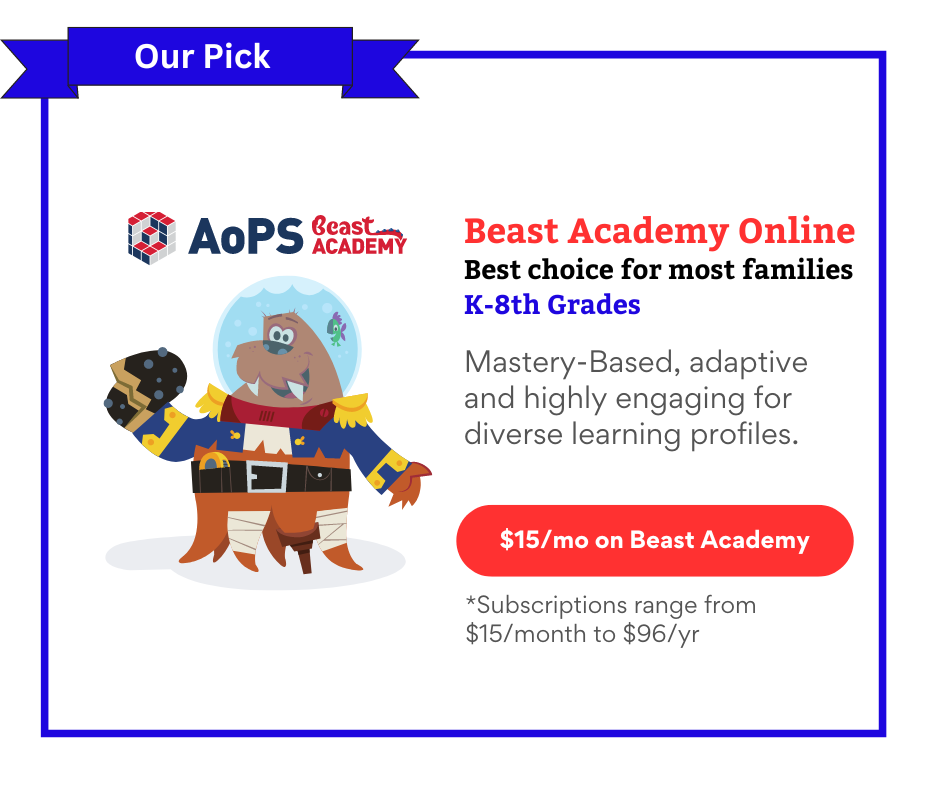
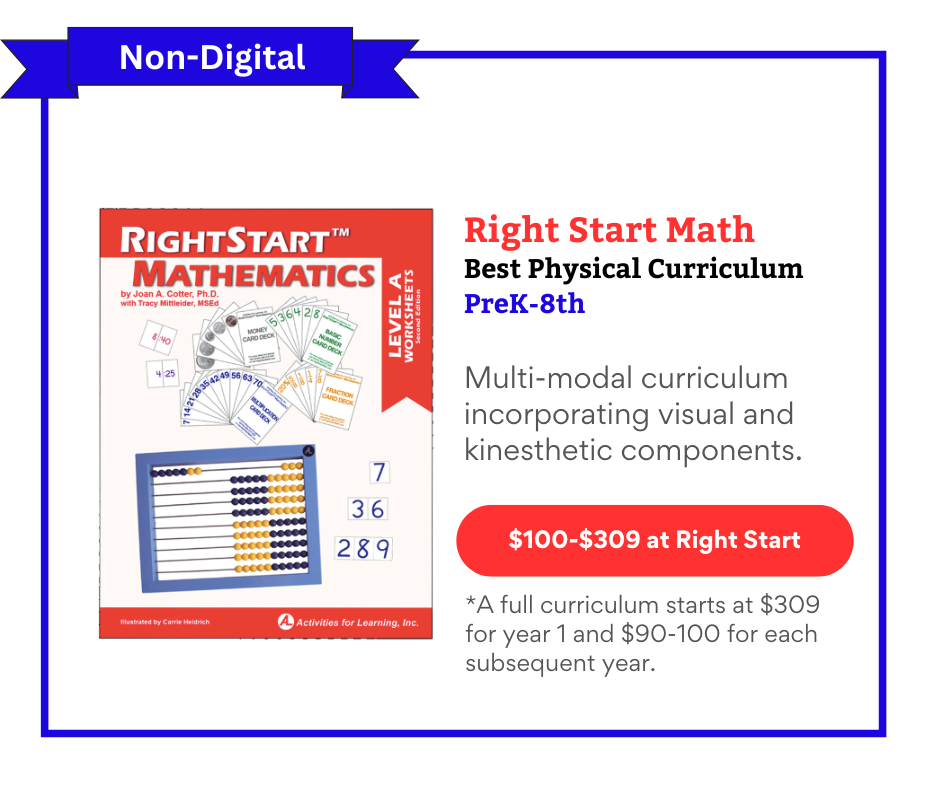

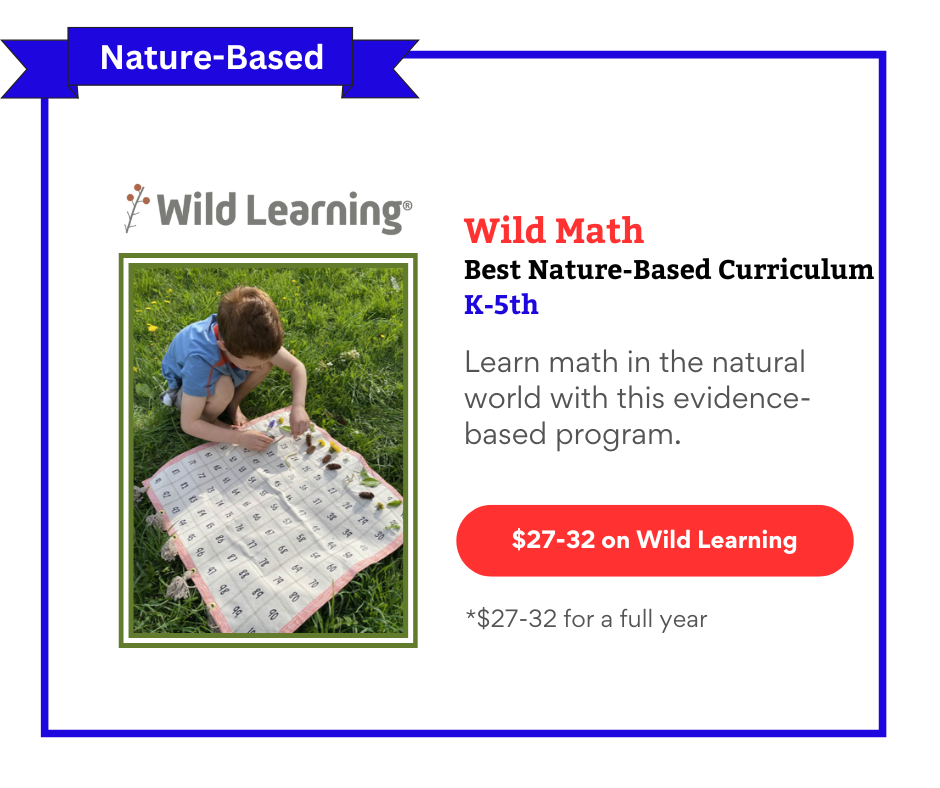
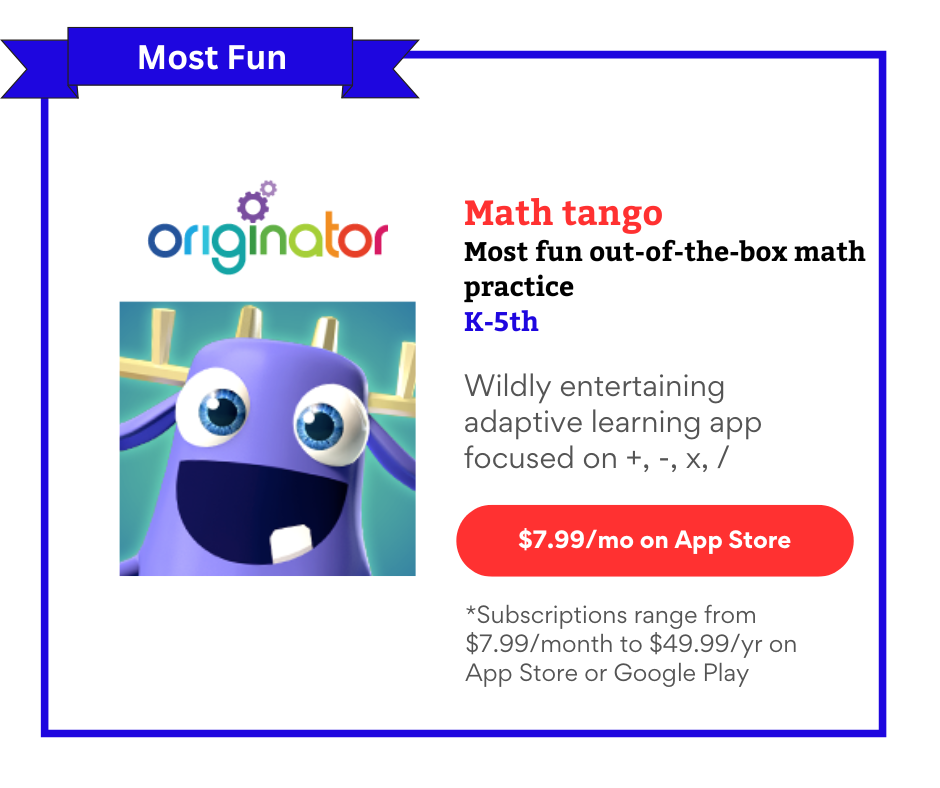
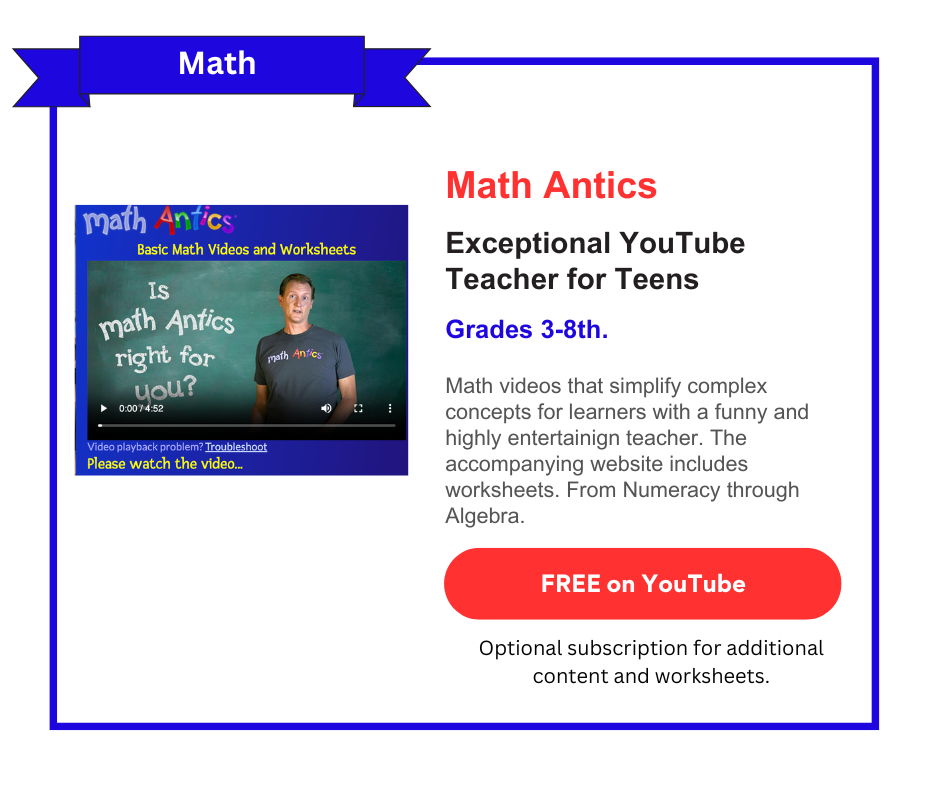
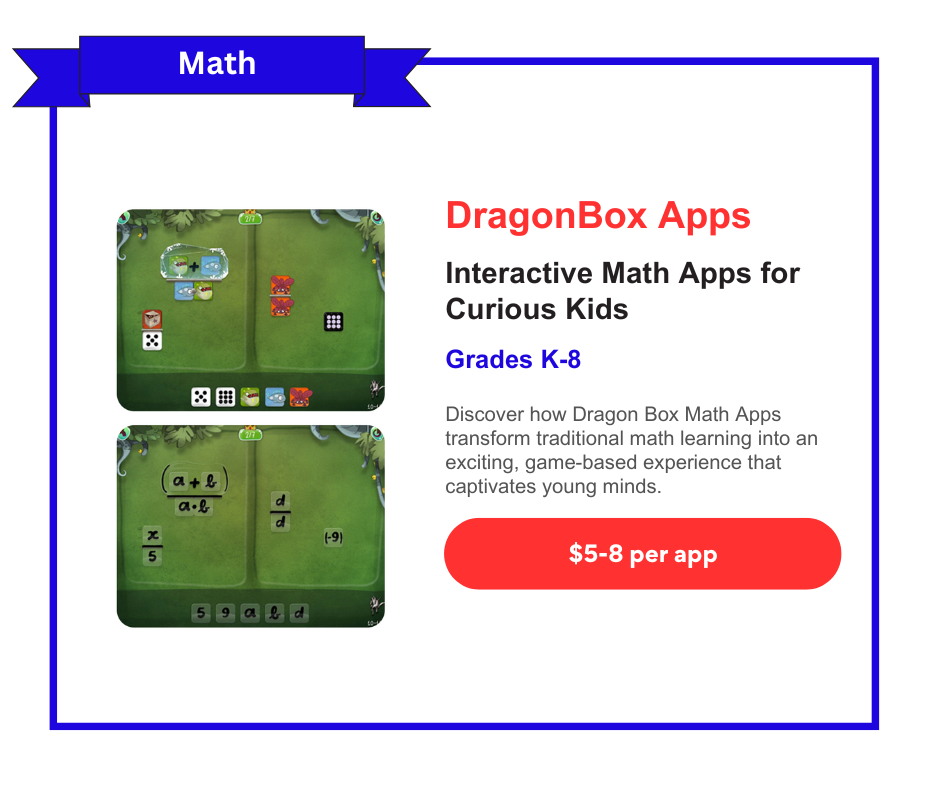
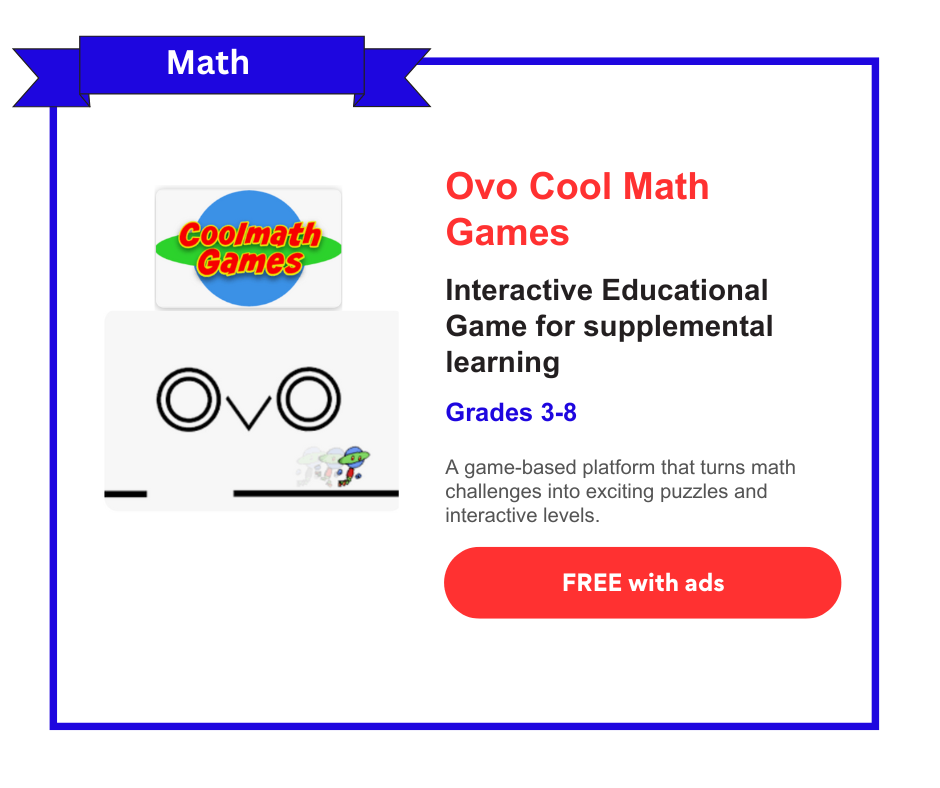
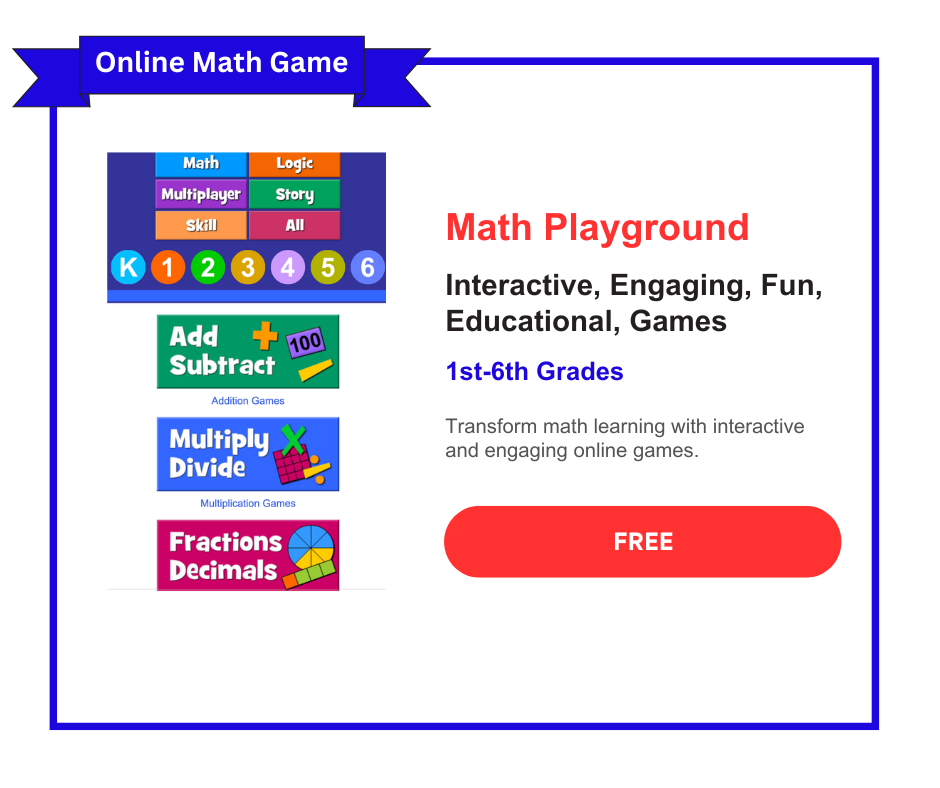

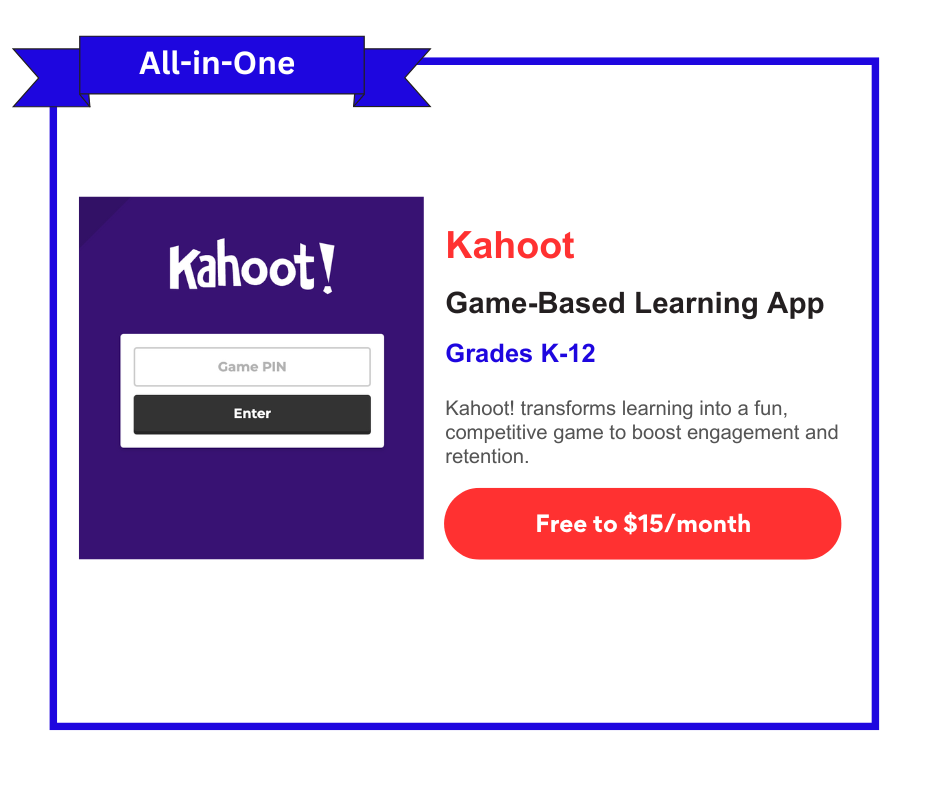
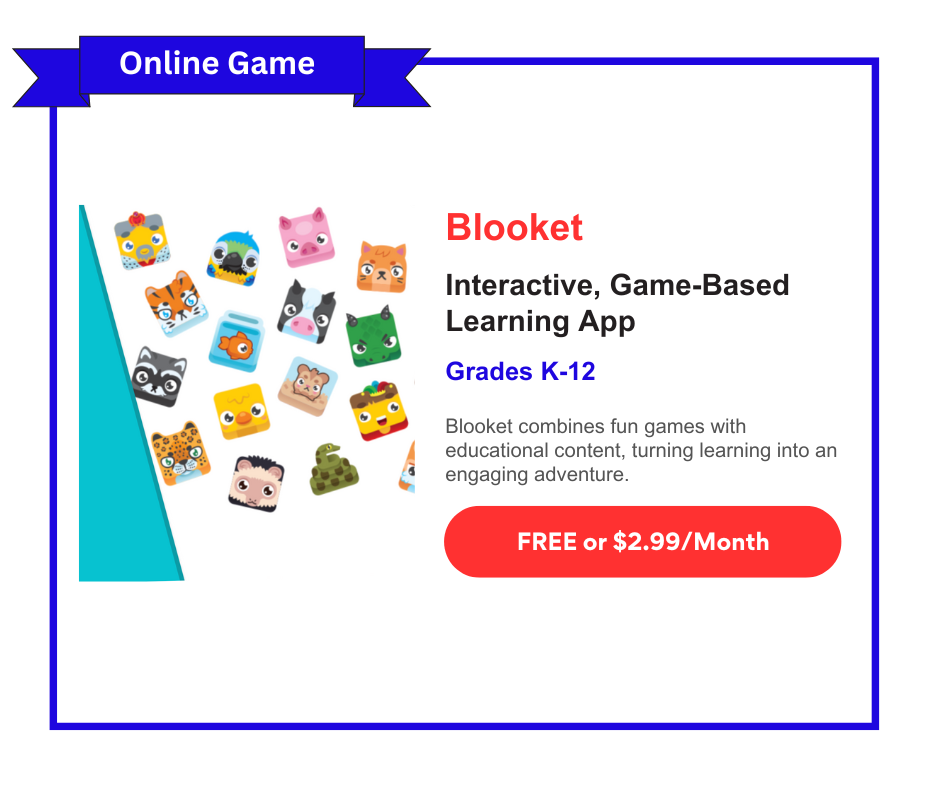
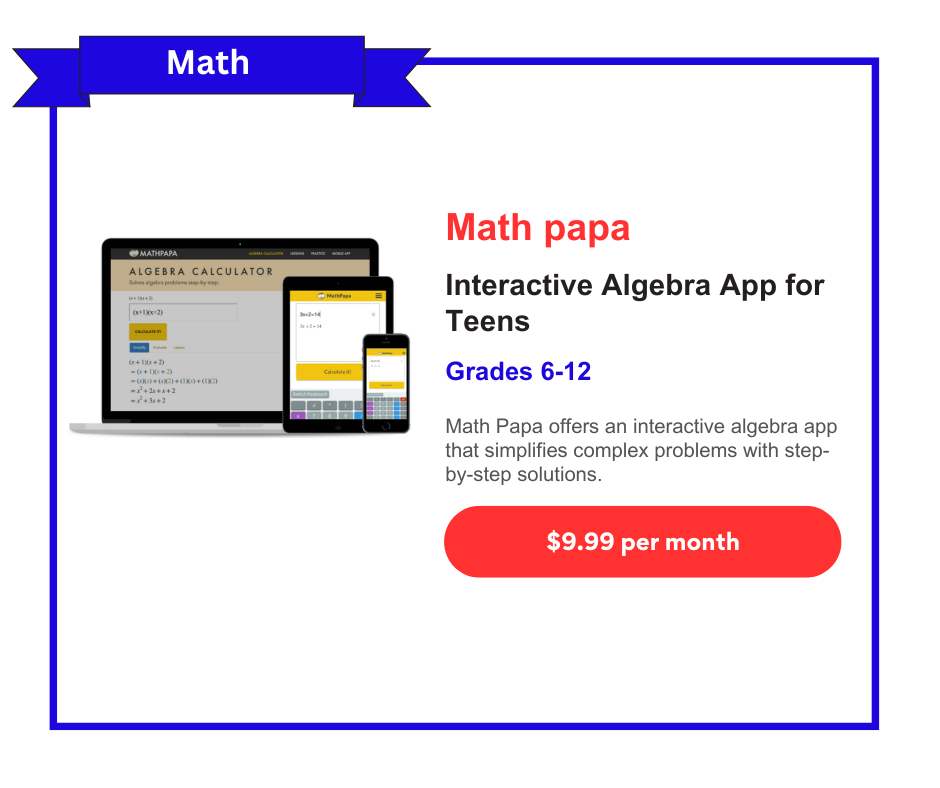
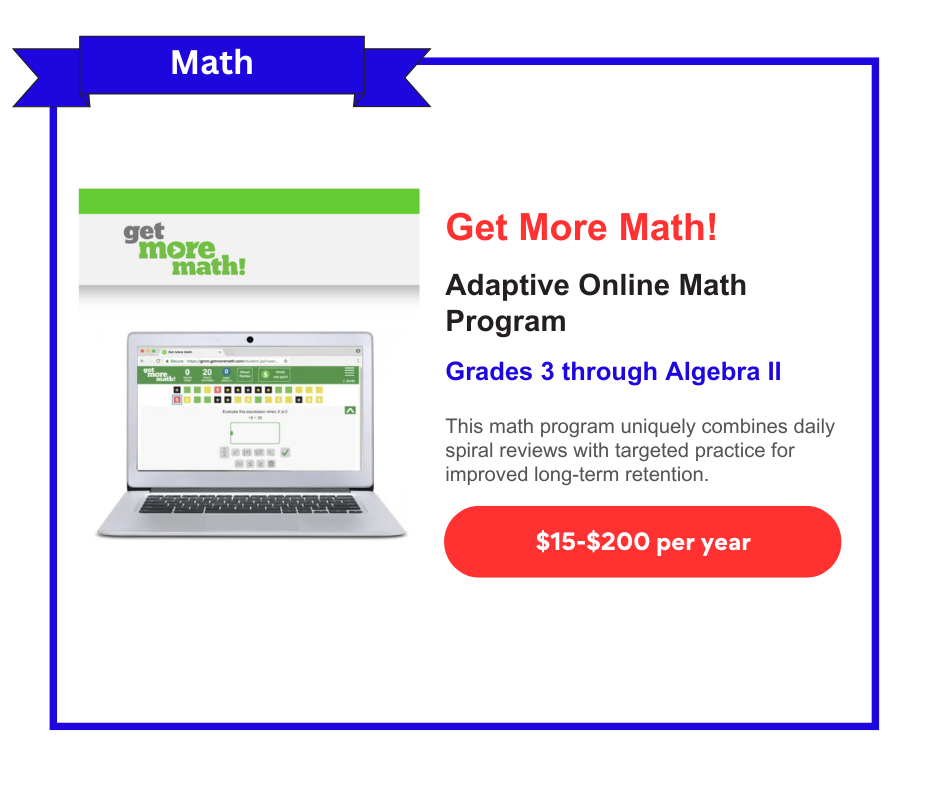
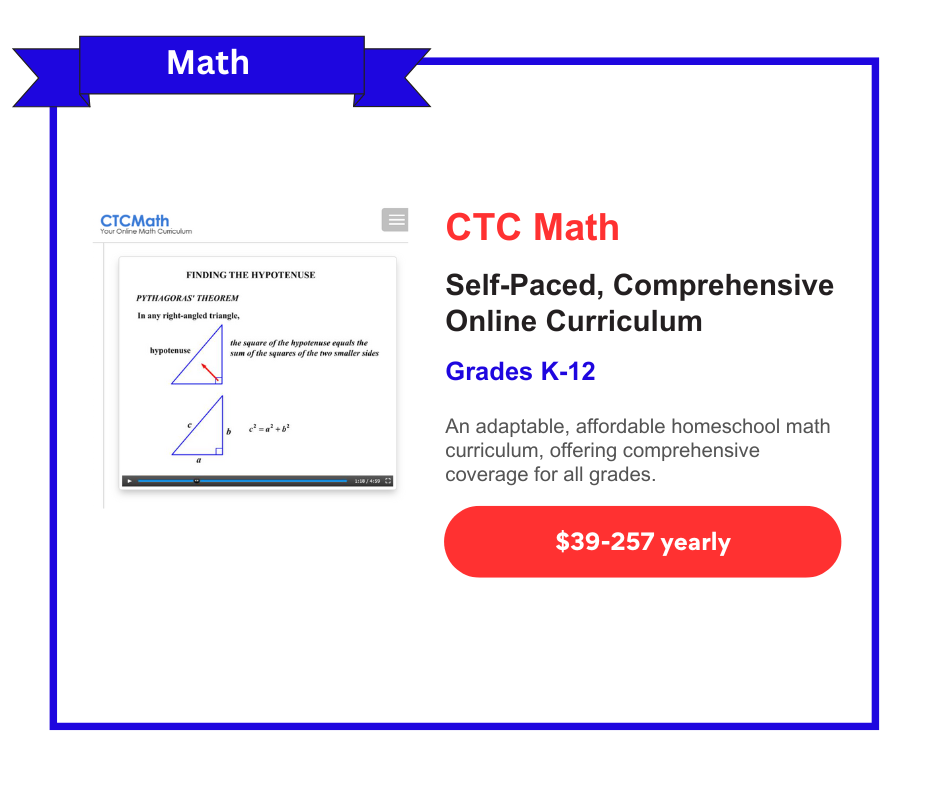
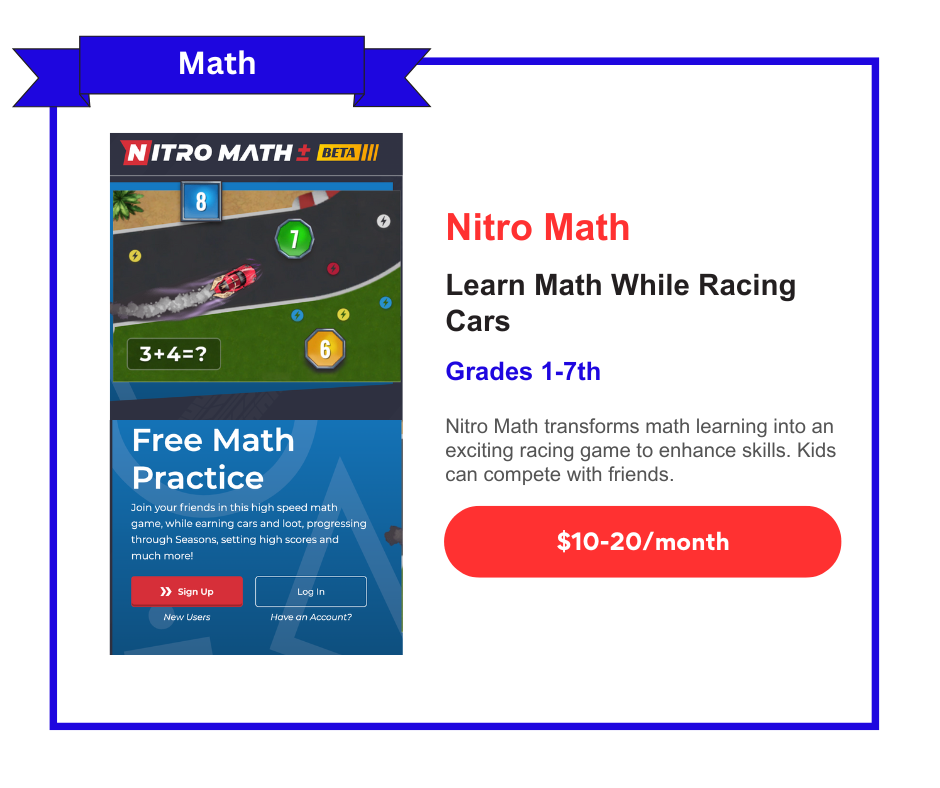
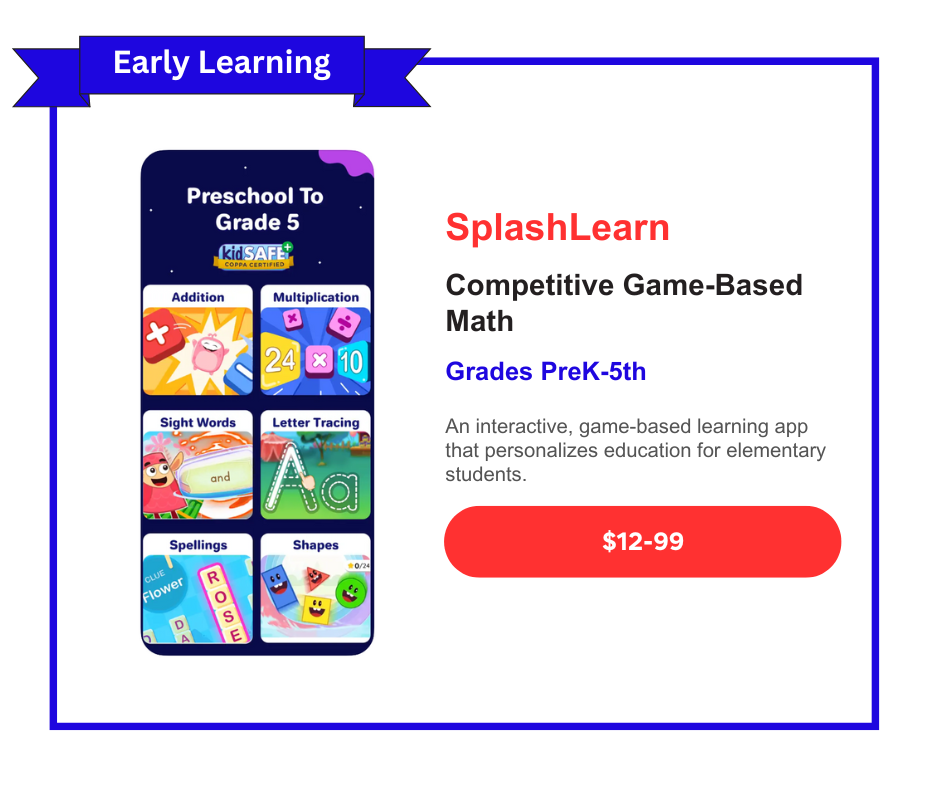
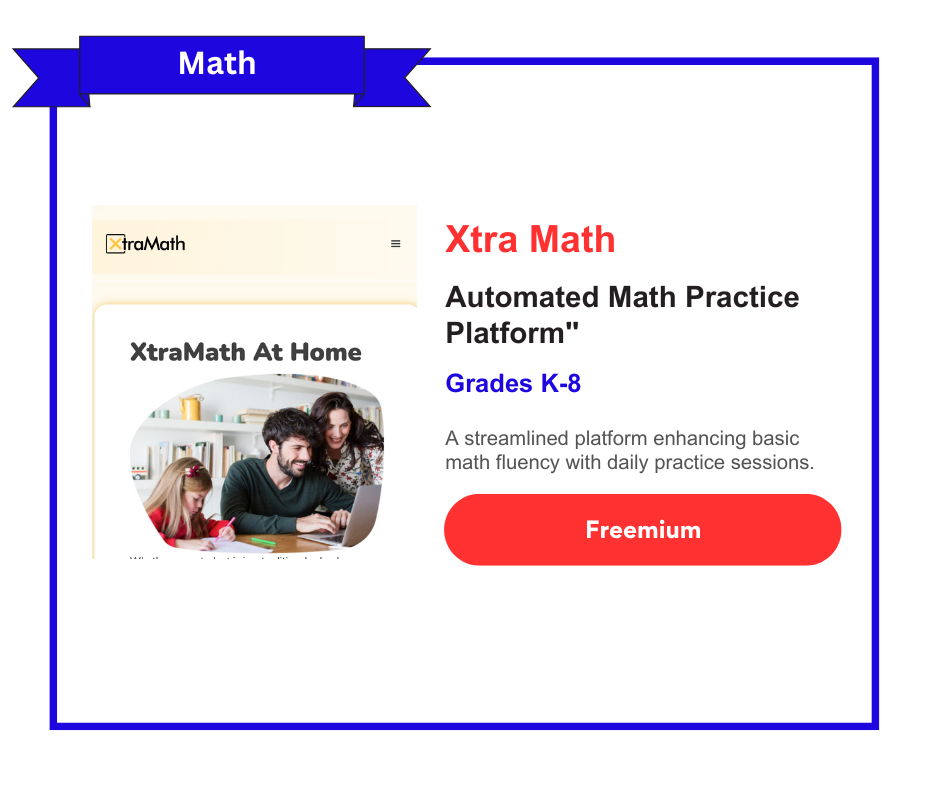
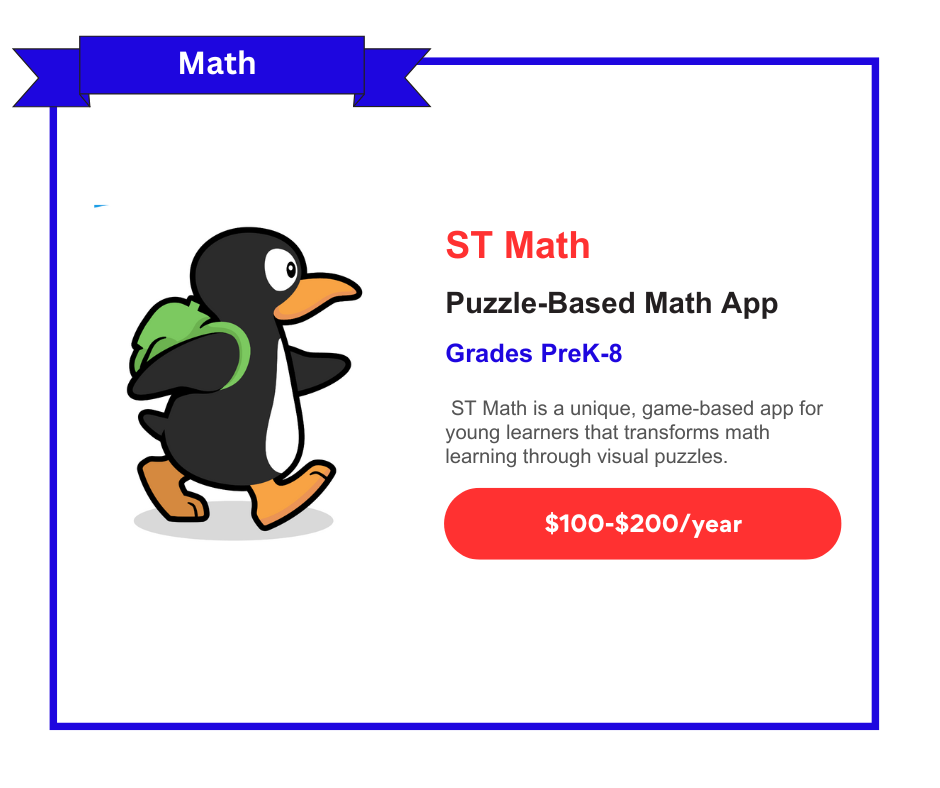
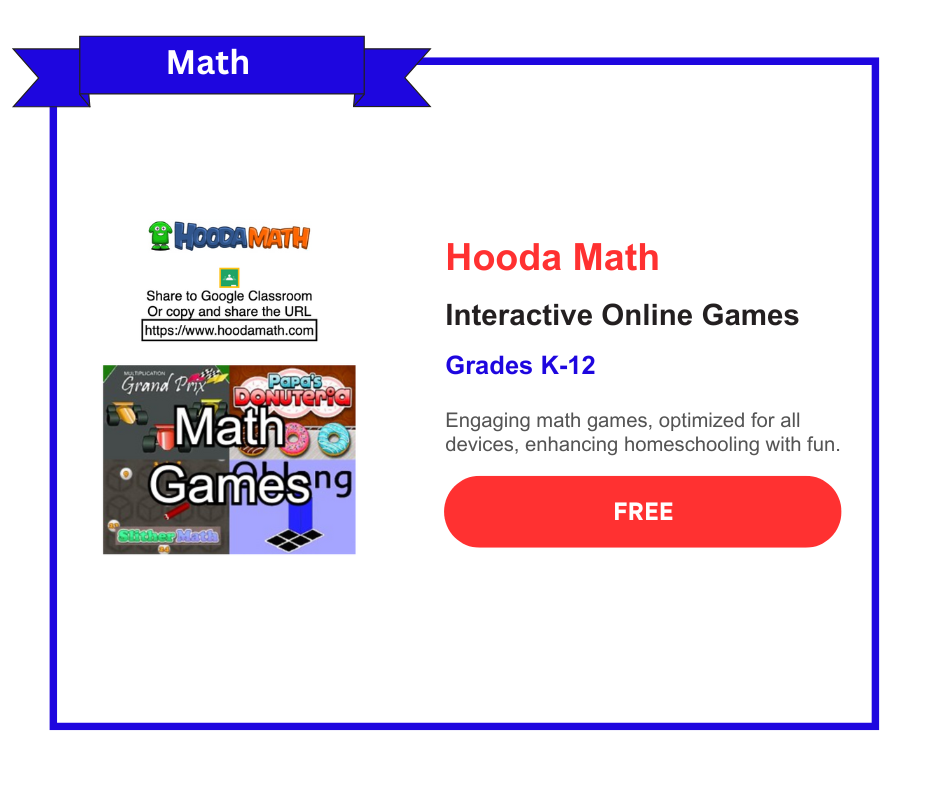
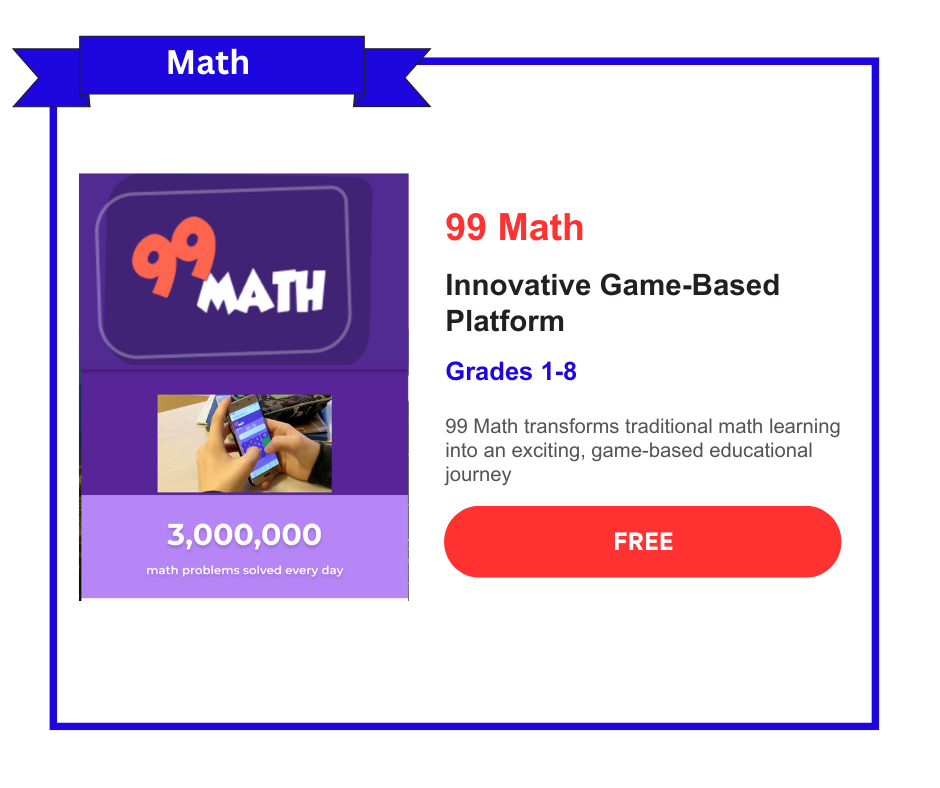
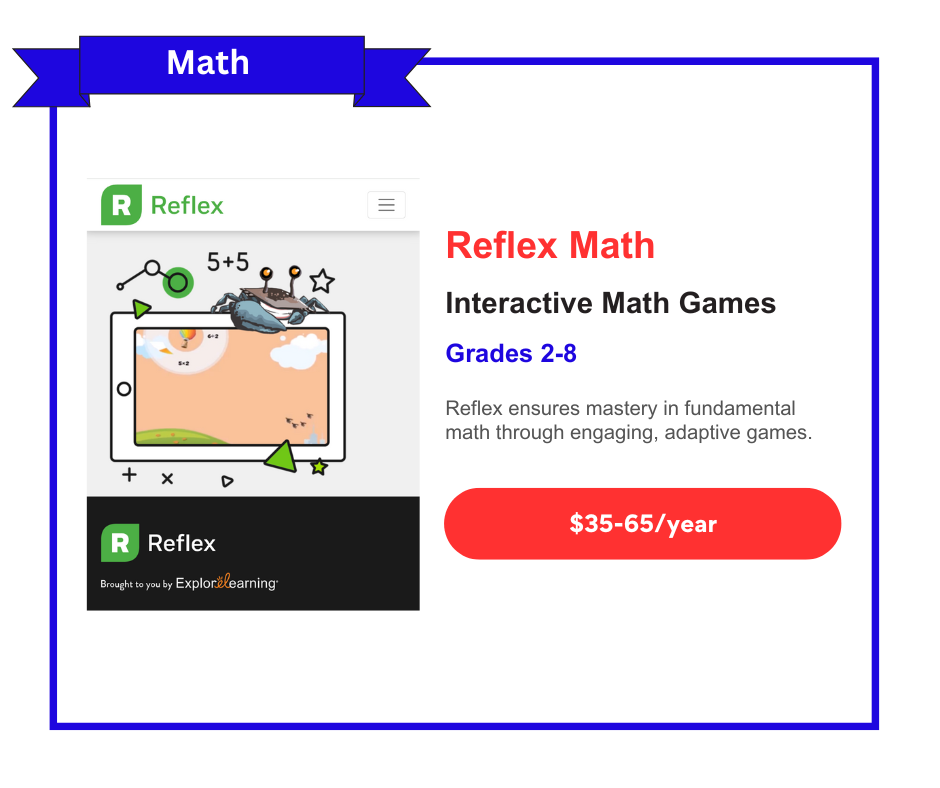

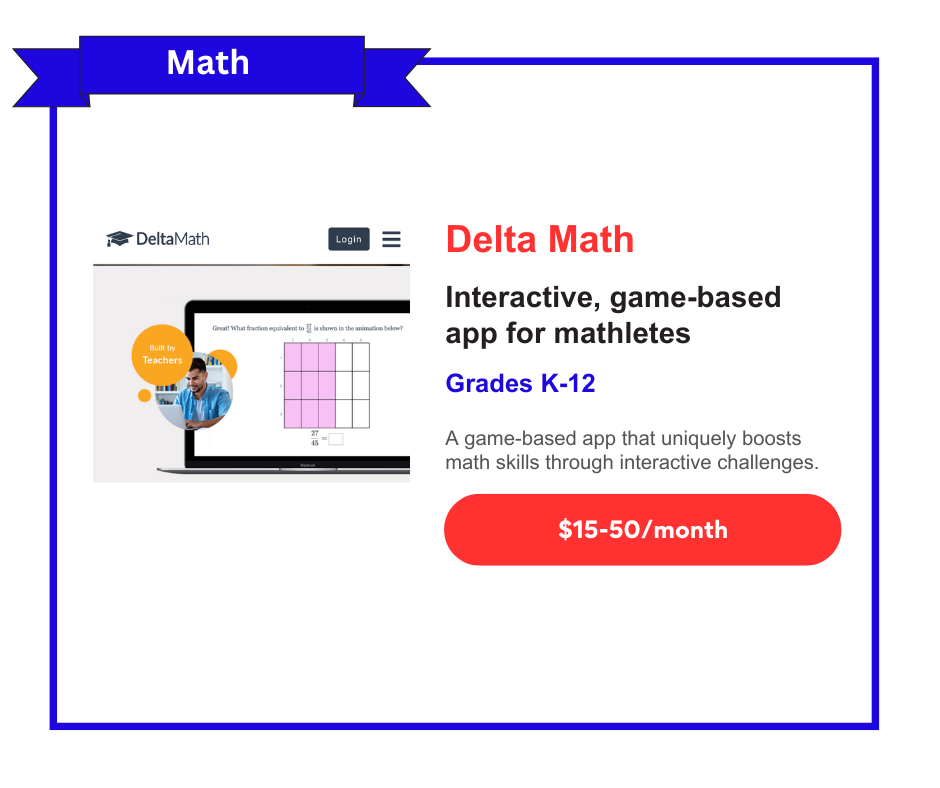
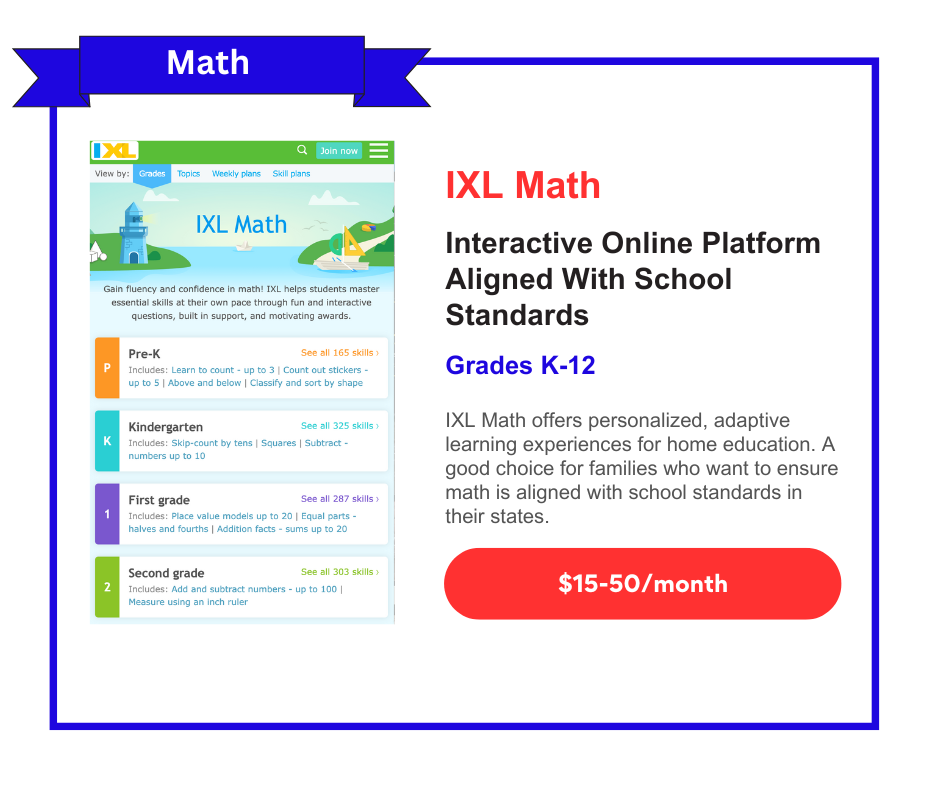
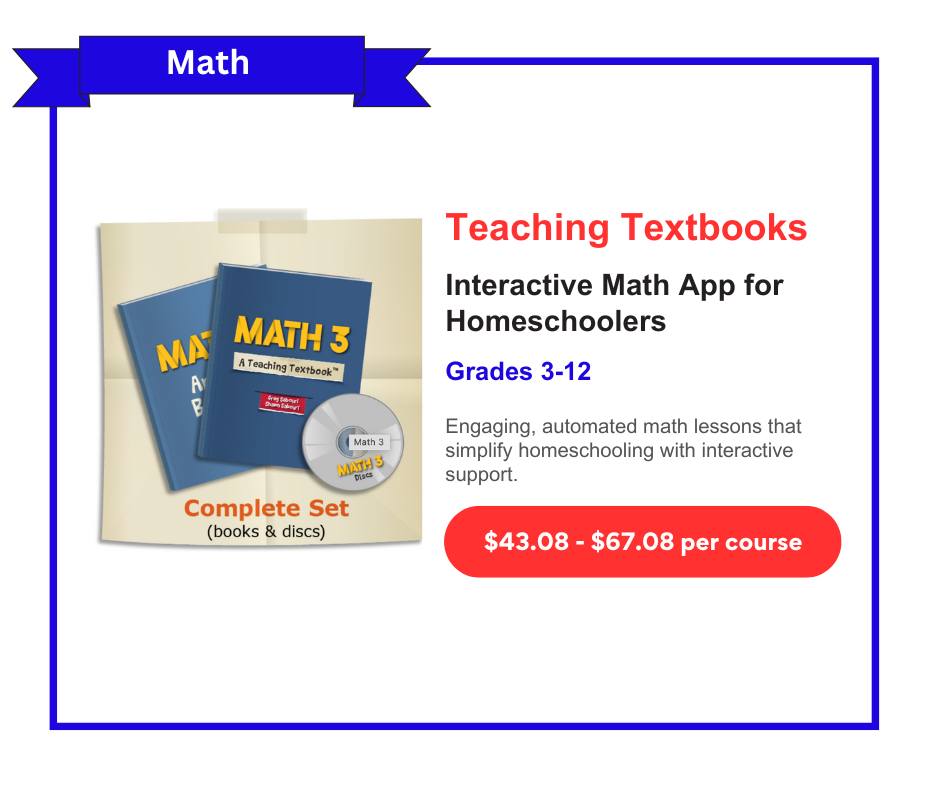
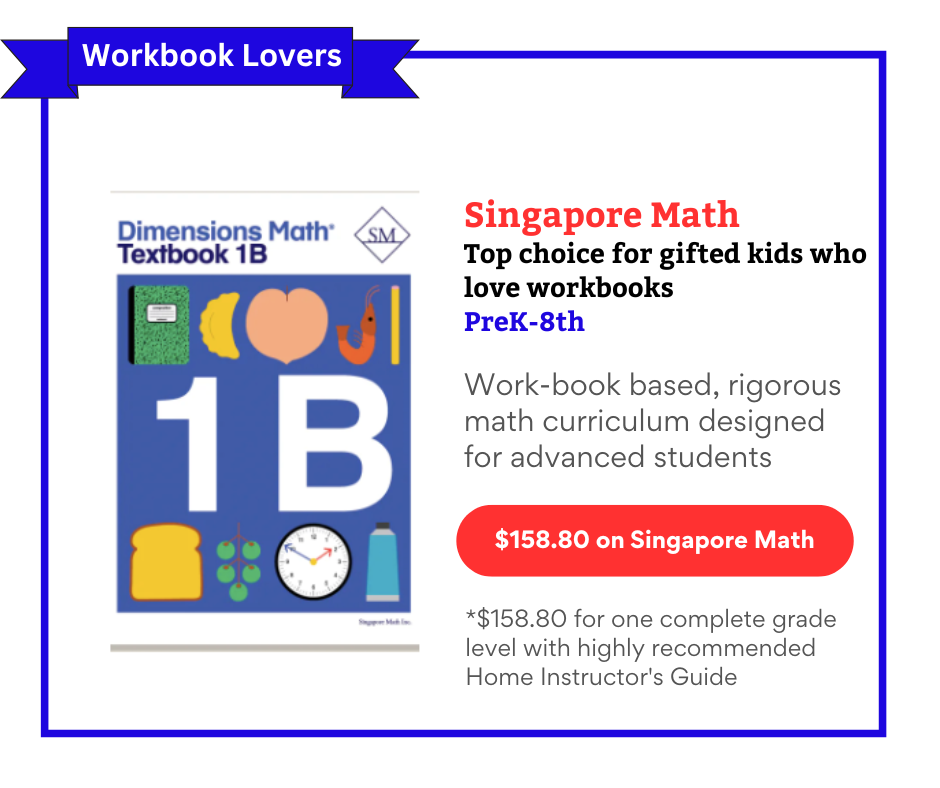
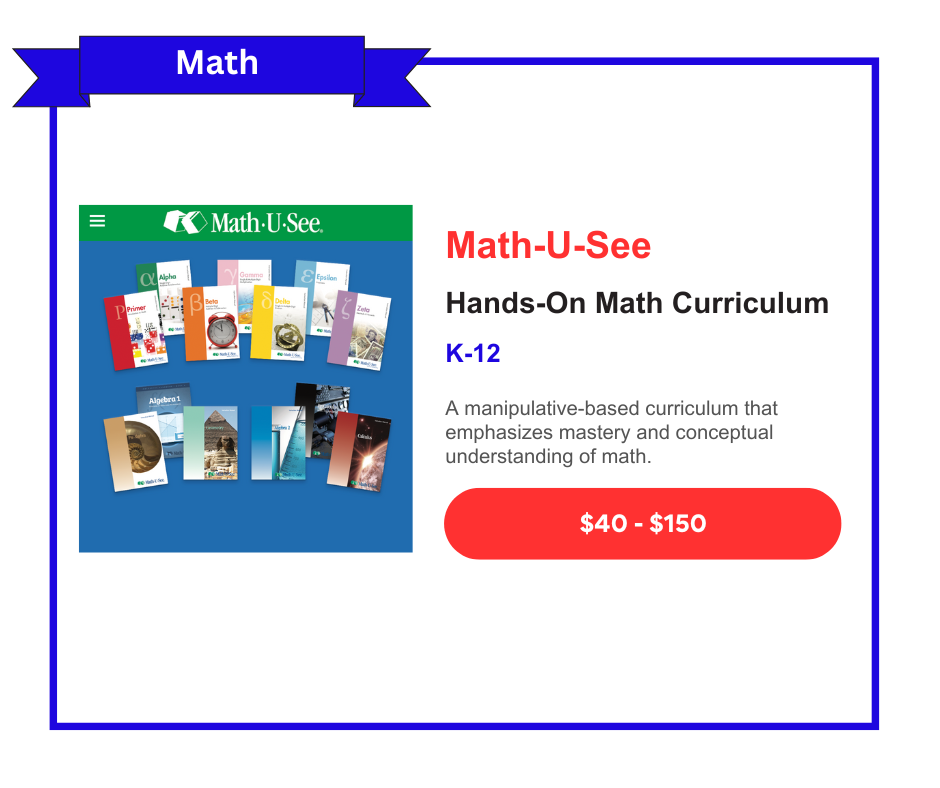

Explore real parents' experiences with Prodigy the Game as a learning tool for their children. Discover the pros, cons, and key tips for utilizing this engaging, game-based math platform effectively. Learn who it's best suited for and how to maximize its educational benefits.